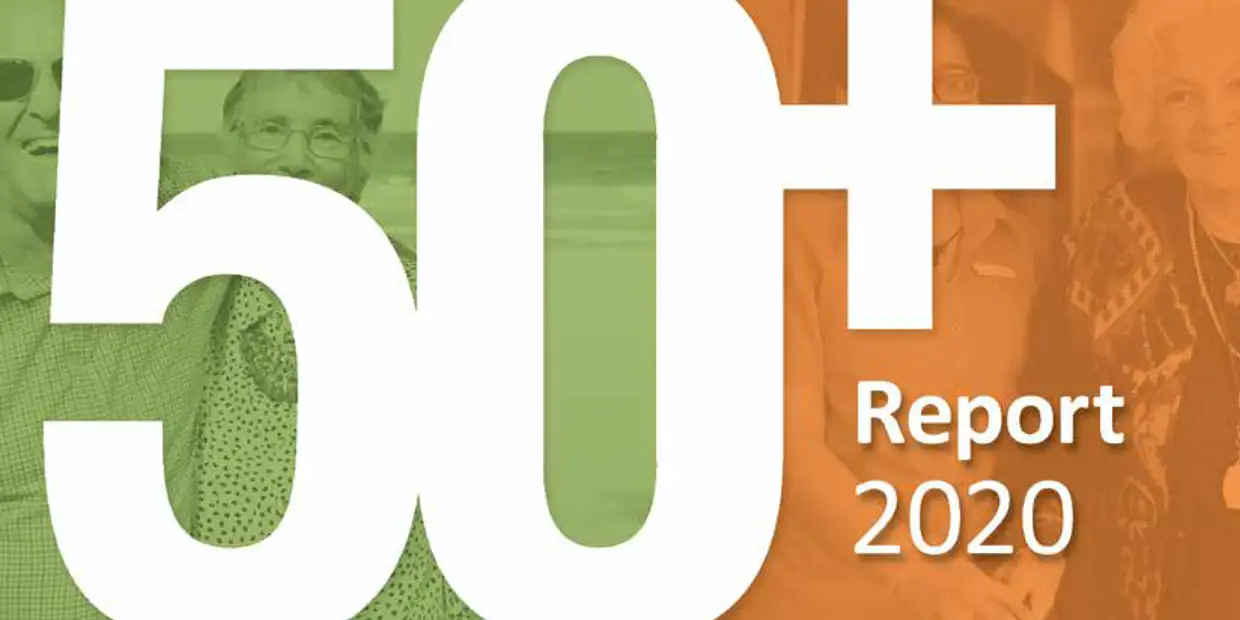“Our societal reluctance to discuss death and dying impacts us all. It inhibits future planning of care and medical intervention; it impacts the emotional and psychological response of both the dying person and those more broadly affected, and it prevents the dying person from expressing their final wishes.”
Dignity, Respect, Choice: Planning for the Final Chapter – A new report released today by COTA (Council on the Ageing) NSW reveals that many older people find there is still a taboo around this discussion, and struggle to talk to their families about their desires at end of life.
‘Most of our respondents agreed that as a community we don’t discuss death and dying enough,’ said COTA NSW CEO Meagan Lawson. ‘Many people don’t even understand the types of legal documents that can be used. This makes planning of care and medical intervention much more difficult and may prevent the dying person from expressing their final wishes.’
The report is based on a survey of 6,043 older Australians. Most respondents had a will, although 18% said theirs was not current. However, the use of Enduring Guardianship and Advance Care Directives was low, particularly in the 50-69 age group.
The consequences of not putting these legal arrangements in place can be significant. Without them, it is much more likely that the older person’s wishes for the last stage of their life will not be realised. This causes distress for the dying person as well as increased stress for their families.
The report also looks at whether respondents were confident to talk about palliative care and end of life issues (just over half said they were) and what were people’s main wishes for the last stage of their life (to be free from pain and surrounded by loved ones).
It makes five recommendations to the NSW government. These include: expanding peer-led legal education programs; funding community education on palliative care and end-of-life issues; developing education of health professionals on these issues; promoting access to bereavement counselling; and developing strategies to increase death literacy in the community.
One of the concrete programs assisting older people to formalise their end of life directions is the COTA NSW Legal Pathways program – a program that has been running for 10 years enables eligible older people to obtain low-cost end-of-life legal documents from participating private solicitors. Despite this, funding has recently been withdrawn.
‘The Legal Pathways program has enabled thousands of people to put these legal arrangements in place over the years without incurring significant cost,’ Lawson said. ‘It has helped many more to understand what issues they need to consider and how they can protect themselves against elder abuse. I urge the NSW government to secure the future funding of the program.’
Customers of Legal Pathways have been universal in their praise of the service: ‘Mum has now got an Enduring Power of Attorney in place, has appointed Enduring Guardians and has a new will. We are so very, very pleased. It is such peace of mind now for mum, myself and my two brothers. And the way you treated my beautiful 85 years young mother, who found it all a bit sad and confronting, was with upmost respect, understanding, patience and knowledge.’
